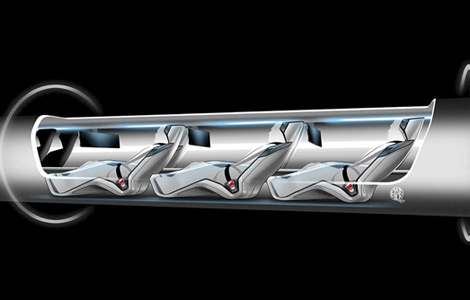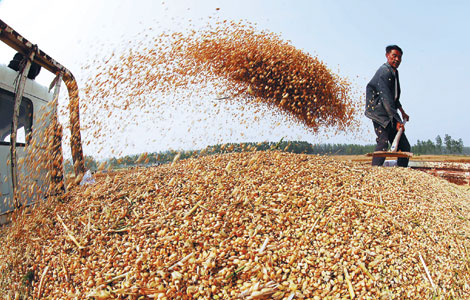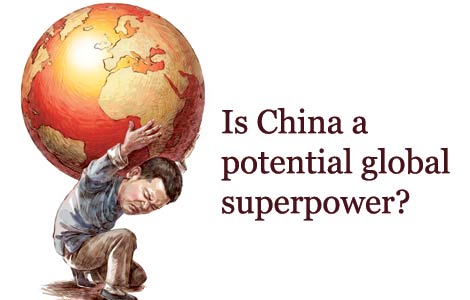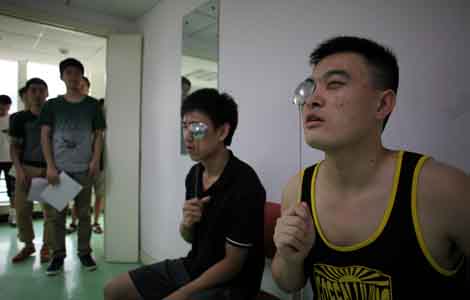Consumers losing confidence in Fonterra
Updated: 2013-08-13 07:25
By Zhou Wenting in Shanghai (China Daily)
|
||||||||
Despite claims by Fonterra that none of its milk powder found in Sri Lanka with traces of the toxic chemical dicyandiamide made it into the Chinese market, Chinese consumers and experts are in uproar over the company's handling of its food safety problems.
On Sunday, the world's largest dairy exporter recalled its milk powder under the brand name Anchor on orders from the Sri Lankan government for containing small amounts of DCD. The company has challenged the government's test results of the batches, which entered the Sri Lankan market in March.
But concern quickly spread in China despite assurances by Fonterra. "The milk powder recalled in Sri Lanka never entered the Chinese mainland and all of (Fonterra's) products in the Chinese market are safe," said Zhang Yanshi, associate account director at HighTeam Marketing Communications, the public relations firm for Fonterra in China.
But Wang Dingmian, former director of the Dairy Association of China, has his doubts.
"The reason why the recalled products were tested for dicyandiamide is because of polluted pastures. How can the company guarantee that products from the same origin have not been tainted?" he asked.
Chen Zhongqi, a mother of a 5-month-old boy in Suzhou, Jiangsu province, said the company ignored its other food scare earlier this month in which tests of baby formula and sports drinks contained Fonterra-produced whey powder with traces of the bacteria, Clostridium botulinum. The bacteria can cause botulism, a rare but sometimes fatal paralytic illness.
"The company should have learned a lesson about maintaining strict food safety standards after disaster broke (earlier)," Chen said.
Wang Ying, mother of a 15-month-old boy in Shanghai, also said she no longer buys Fonterra's products.
Dairy experts in China said DCD is similar in composition to melamine, the chemical at the heart of the 2008 Sanlu milk crisis. While it is not toxic, DCD will damage the kidneys if it accumulates in the body.
"The chemical is difficult to metabolize if ingested and will form stones. It's particularly harmful to kids, whose kidneys are not fully developed. Their urinary systems will be impaired," said Cao Mingshi, deputy secretary-general of the Shanghai Dairy Association.
Most Viewed
Editor's Picks
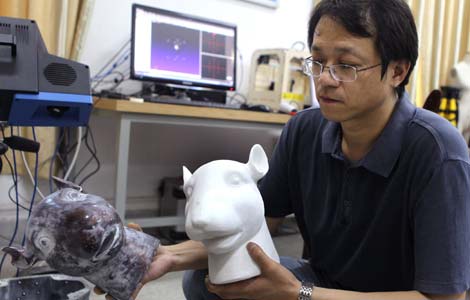
|

|

|

|

|

|
Today's Top News
Brazil puts off bidding on bullet train
US to examine intelligence collection methods
Rare earth alliance to fight Japan's patent barrier
Economists cautious about China's recovery
Terrorist leaders sentenced to death
Talks to increase US troops
'Not just about resources'
'No worry' on wheat imports
US Weekly

|

|
